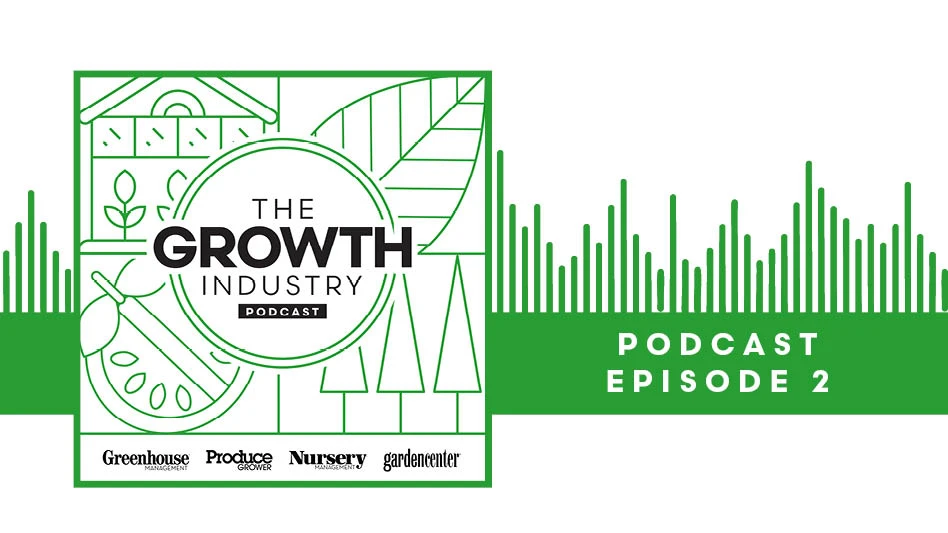
APHIS considers deregulating chrysanthemum white rust. The Connecticut Greenhouse Growers Association is asking Connecticut growers and retailers to submit the losses they have incurred due to chrysanthemum white rust. The association along with the Massachusetts Flower Growers Association sent a letter to Rebecca Bech, deputy administrator at USDA-Animal and Plant Health Inspection Service, Plant Protection Quarantine in November. The associations indicated that current white rust regulations and quarantine implementation have caused financial hardship to growers and retailers. The letter requested that APHIS officials consider deregulating the disease and/or designating it as a regulated non-quarantine pest. The associations said regulation changes would reduce the financial losses for growers and retailers.
A letter from APHIS officials to the associations indicated the agency would be willing to consider deregulating the disease, but first an economic assessment must be done. APHIS wants details on the number of plants destroyed due to white rust quarantines and specifics on the associated economic losses. Both CGGA and MFGA are compiling the information and requesting that their members submit their plant and financial losses so that the data can be submitted to APHIS.
For more: Connecticut Greenhouse Growers Association, (800) 562-0610; conngreen@aol.com. Paul Lopes, University of Massachusetts, (508) 295-2212, Ext. 24; lopes@umext.umass.edu.
Get curated news on YOUR industry.
Enter your email to receive our newsletters.
Explore the April 2010 Issue
Check out more from this issue and find your next story to read.
Latest from Greenhouse Management
- pH Helpers
- Society of American Florists accepting entries for 2025 Marketer of the Year Contest
- Sustainabloom launches Wholesale Nickel Program to support floriculture sustainability
- American Horticultural Society welcomes five new board members
- Color Orchids acquires Floricultura Pacific, becoming largest orchid supplier in U.S.
- American Floral Endowment establishes Demaree Family Floriculture Advancement Fund
- The Growth Industry Episode 3: Across the Pond with Neville Stein
- 2025 State of Annuals: Petal power





